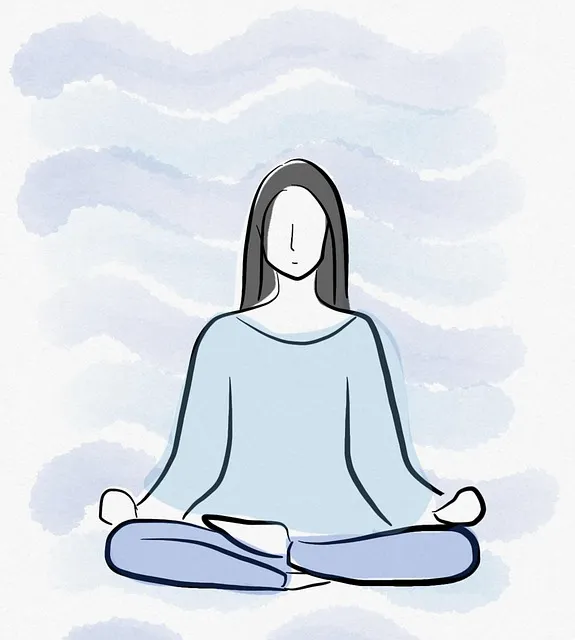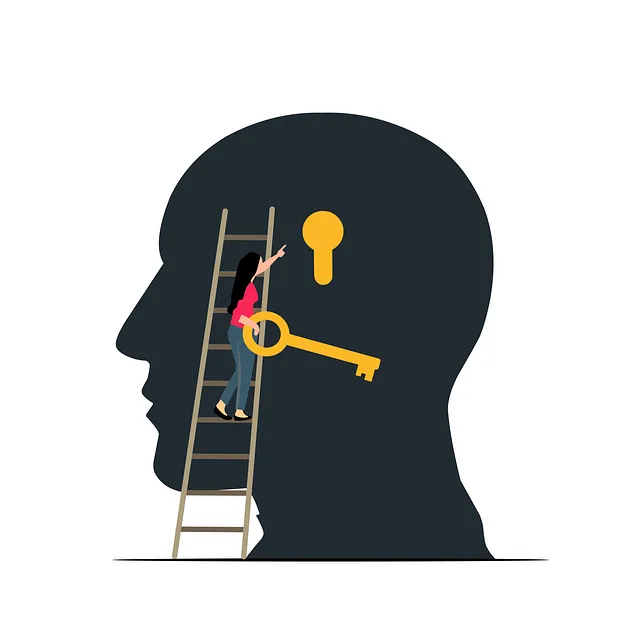Prolonged stress, a natural response to demanding situations, can lead to mental health issues, physical conditions, and a weakened immune system. The Kaiser Permanente Mental Health Center in Littleton emphasizes recognizing stress signs like persistent worry and sleep changes, and understanding personal triggers to adopt coping strategies such as mindfulness, exercise, and support networks. They offer specialized services including CBT, meditation, and lifestyle changes to reduce stress, promote resilience, and foster emotional balance, contributing to mental illness stigma reduction. Integrating simple relaxation techniques into daily routines can build resilience and enhance overall well-being.
Stress reduction is a vital aspect of maintaining good mental and physical health, as highlighted by experts at the Kaiser Permanente Mental Health Center Littleton. This article delves into understanding stress, its impact, and signs, drawing insights from the center’s expertise. We explore evidence-based strategies for effective stress reduction, including relaxation techniques proven to make a difference in daily life. Learn practical tips from the professionals at Kaiser Permanente Littleton to incorporate these techniques seamlessly into your routine.
- Understanding Stress: The Impact and Signs from Kaiser Permanente Mental Health Center Littleton
- Evidence-Based Strategies for Effective Stress Reduction
- Incorporating Relaxation Techniques into Daily Life: Tips from the Experts at Kaiser Permanente Littleton
Understanding Stress: The Impact and Signs from Kaiser Permanente Mental Health Center Littleton

Stress is a natural response to demanding situations, but when it becomes chronic, it can significantly impact both mental and physical health, as highlighted by experts from the Kaiser Permanente Mental Health Center Littleton. Prolonged stress is linked to a range of issues, including anxiety disorders, depression, heart disease, and weakened immune systems. Recognizing the signs is crucial for effective management. Common indicators include persistent feelings of worry or fear, difficulty concentrating, changes in sleep patterns, and increased irritability or anger.
The Kaiser Permanente Mental Health Center Littleton emphasizes that understanding stress involves acknowledging its sources, which can vary greatly from person to person. By identifying triggers and adopting appropriate coping mechanisms, individuals can reduce the detrimental effects of stress. This may include practicing mindfulness and positive thinking, engaging in regular physical activity, connecting with supportive networks, and learning empathy-building strategies to foster a more resilient mindset.
Evidence-Based Strategies for Effective Stress Reduction

Stress reduction is a crucial aspect of maintaining good mental health, and there are several evidence-based strategies that have proven effective in managing stress levels. One such resource is the Kaiser Permanente Mental Health Center Littleton, which offers specialized services tailored to individual needs. These centers provide a safe space for individuals to learn Mind Over Matter principles, where they can develop coping mechanisms and discover sustainable self-care routines.
The process often involves a combination of therapy, mindfulness practices, and lifestyle changes. For instance, cognitive-behavioral therapy (CBT) is an evidence-backed approach that helps individuals identify and change negative thought patterns contributing to stress. Encouraging regular physical activity and establishing a consistent Self-Care Routine for Better Mental Health can also significantly reduce stress hormones and promote overall well-being. Additionally, Kaiser Permanente’s holistic approach may include meditation practices, social support groups, or even creative outlets like art therapy, all of which play a vital role in Mental Illness Stigma Reduction Efforts by fostering resilience and emotional balance.
Incorporating Relaxation Techniques into Daily Life: Tips from the Experts at Kaiser Permanente Littleton

At Kaiser Permanente Mental Health Center Littleton, experts emphasize the importance of incorporating relaxation techniques into daily routines for stress reduction. They recommend starting with simple practices like mindful breathing exercises and meditation to cultivate a sense of calm. By dedicating just a few minutes each day, individuals can build resilience and enhance their emotional well-being.
Incorporating these techniques into everyday life doesn’t have to be overwhelming. The experts suggest setting reminders or allocating specific times for relaxation, such as during morning coffee or before bed. Over time, these practices become habits, providing effective resilience building tools to navigate life’s challenges with a calmer mindset and improved emotional well-being promotion techniques.
Stress reduction is a valuable tool for maintaining overall well-being, and the methods discussed, backed by evidence from the Kaiser Permanente Mental Health Center Littleton, offer practical ways to navigate life’s challenges. By understanding stress and adopting effective strategies, individuals can enhance their resilience and improve their quality of life. Incorporating relaxation techniques into daily routines, as suggested by experts at Kaiser Permanente Littleton, is a powerful step towards achieving greater mental clarity and peace. These practices empower folks to manage stress, fostering a healthier and more balanced lifestyle.






